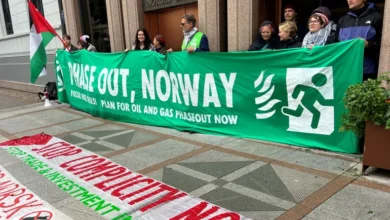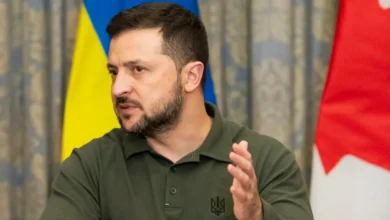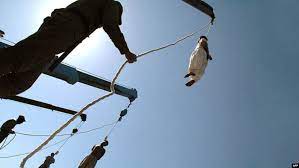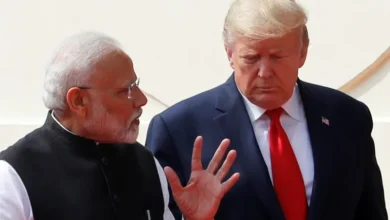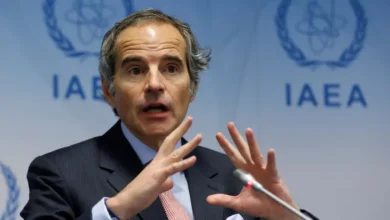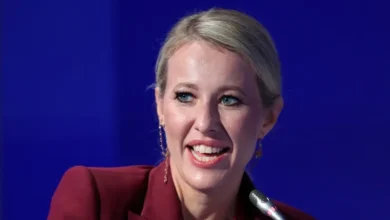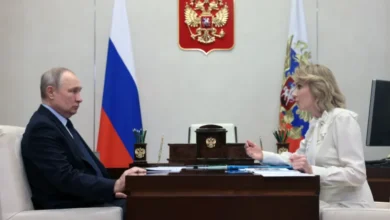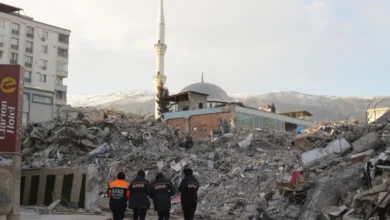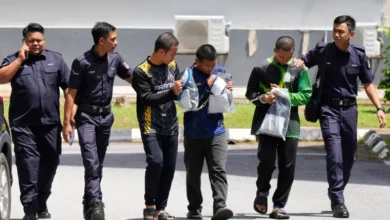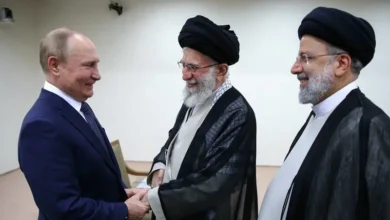Gabon’s first election after collapse of Bongo dynasty: What’s at stake?
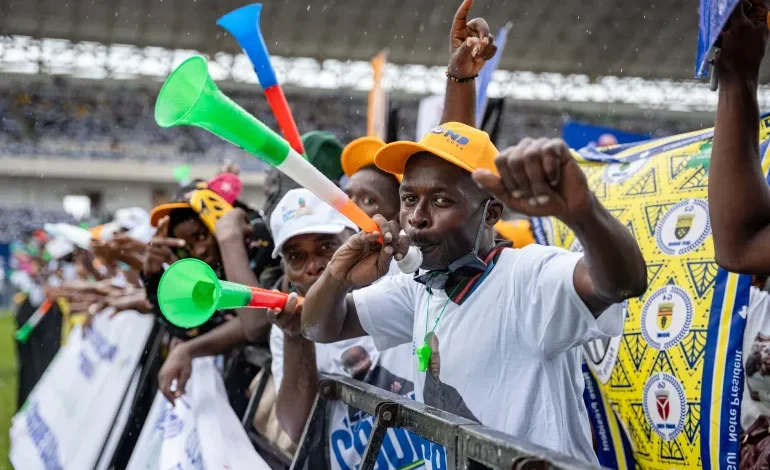
The African nation of Gabon is voting in its first executive elections since a military coup in 2023 ended the 50-year dynastic rule of the Bongo political family.
Polls opened in the country at 7am (06:00 GMT) on Saturday, with reports of thousands of people queuing outside polling stations across Libreville, the seaside capital. Nearly one million people, including some 28,000 overseas, are registered to vote.Brice Clotaite Oligui Nguema, coup leader-turned-transition president, is the main candidate among four competitors and is widely expected to win the elections, despite controversial reforms he has put into place that experts say were tailored to make him eligible for the vote.
Located in West-central Africa, on the Atlantic coast, Gabon is rich in extractives like crude oil. The country, with a population of 2.2 million, is also part of the vital Congo Basin and boasts millions of acres of rainforest replete with varieties of plant and animal species.
However, those natural resources have not translated into any meaningful distribution of wealth, as one family and a small political elite have ruled the country for the past five decades. The opposition is weak, experts say; the press is largely toothless; and Gabonese are distrustful of politicians.When is the vote – and how did Gabon get here?
The presidential vote will be held in the country’s nine provinces on Saturday, April 12, from 7am to 6pm local time (06:00-17:00 GMT).
Campaigns began on March 29 and will end on April 11. Voting is mandatory for adults.
The election is being held several months before an August 2025 deadline the military initially announced after the August 30, 2023, coup that ended the rule of former President Ali Bongo Ondimba (2009 – 2023).
The coup, part of a wave of military takeovers on the continent, occurred on the same day the results of presidential elections were released. Ondimba was declared the winner with 60 percent of the vote for a third term. The opposition, led by Albert Ondo Ossa of the Alternate Party, disputed the elections.
Ondimba took over after the death of President Omar Bongo, his father (1967-2009). Between them, the father-son duo ruled Gabon for 56 years.
Legislative elections have not been announced. Currently, the bicameral houses are staffed with representatives appointed by the military government.Who is running?
Four candidates, all male, have been approved by the electoral college.
All are running independently. That’s because the candidates want to distance themselves from the former governing Gabonese Democratic Party (PDG), Douglas Yates, a professor at the American Graduate School in Paris, told Al Jazeera. The PDG has been in power since 1967 with little opposition and represents the only truly established party.The military general previously served as aide-de-camp to Omar Bongo before he was posted overseas to the embassies in Morocco and Senegal. He thereafter returned to lead the elite Royal Guard that protects the president, a post he kept until seizing power.
Following the coup, Nguema promised to hand over to a civilian government within two years. He has been praised for moving rapidly towards that transition as opposed to military government counterparts in the West African countries of Mali, Niger, Burkina Faso and Guinea. He’s also managed to maintain ties with Gabon’s former colonial leader, France, while the others have actively cut ties with France.
A new constitution affirming strict two-term limits was passed following a November referendum.Nguema is promising to “lift” and transform Gabon economically. He has cleaned up his military image since the coup, sporting suave suits and T-shirts in his packed, colourful campaign rallies. In one, he was seen moonwalking on stage to loud applause from his supporters.
Alain Claude Bilie-By-Nze (57): In a country where the opposition has historically been weak due to decades of elections widely viewed as rigged, Bilie-By-Nze poses the biggest challenge to Nguema.
The career politician, unlike many of his more elite counterparts, comes from a low-income background. In 2015, he entered politics and went on to serve in several ministerial positions under Ali Bongo. He was prime minister until the 2023 coup.
Backed by his Together for Gabon political group, Bilie-By-Nze has chosen a low-key door-to-door campaign in the lead-up to the election. He has tried to underplay his role in the previous government – even criticising the former ruling PDG party, which he was a part of until 2023. His promises of “another Gabon” include a focus on urban renewal, better health insurance and overall economic growth.
However, experts say it is tough for many voters to trust him.
“Despite his efforts to distance himself from his past, everybody knows that he was the last prime minister of Ali Bongo, and therefore is tarnished,” Yates said.
